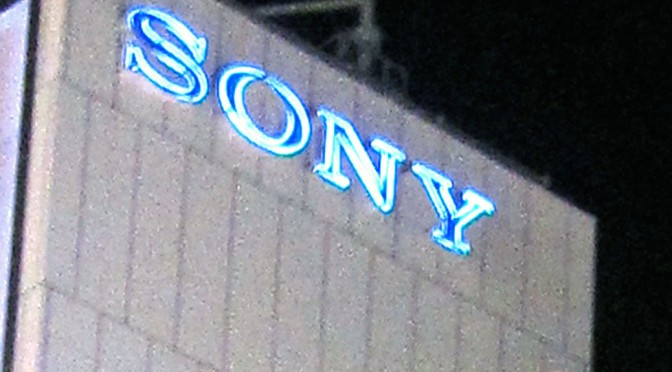Author: g_fasol
-
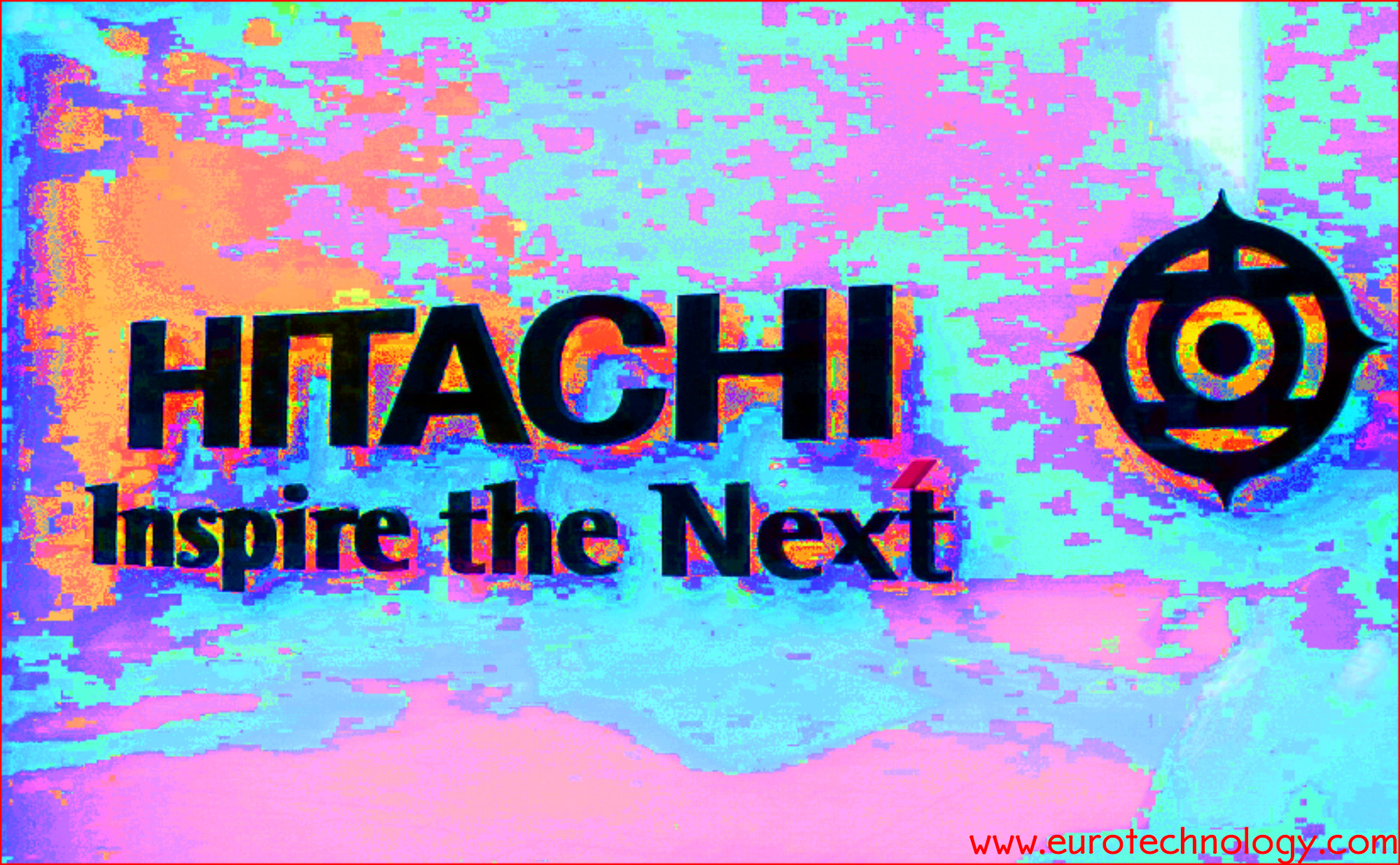
Hitachi “inspire the next” Europe opens Rail Research Centre (ERRC)
European Rail Research Centre (ERRC) to focus on rolling stock design, manufacturing, maintenance and traffic management systems by Gerhard Fasol ERCC will be part of Hitachi Europe’s Transportation Energy & Environment Research Laboratory Hitachi “inspire the next” announced on October 10, 2012 the opening of the new European Rail Research Centre (ERRC) in London, to…
-
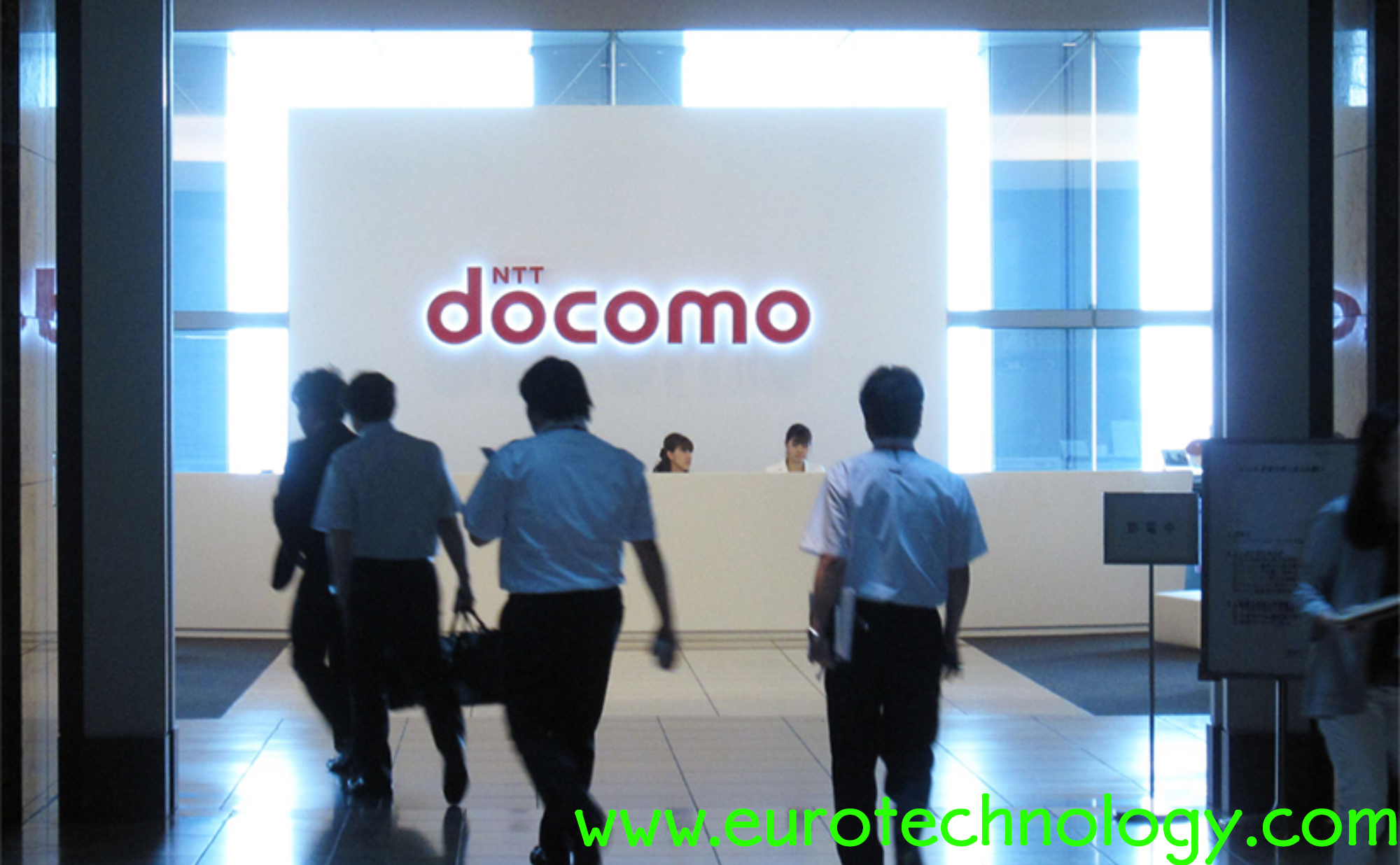
Buongiorno SpA acquired by NTT Docomo for € 209 million (US$ 260 million)
NTT Docomo acquired Italian mobile content, apps and service provider in a public tender offer Buongiorno SpA becomes fully owned subsidiary of NTT Docomo NTT Docomo acquired mobile content provider Buongiorno SpA in August 2012 following a public tender offer via Docomo’s German subsidiary DOCOMO Deutschland GmbH. The shares were delisted from the Italian Stock…
-
Mobile payment in EU vs Japan: 10 years to reinvent the wheel?
Mobile payments for transport first introduced commercially in Tokyo January 28, 2006 Tokyo (mobile SUICA, FeliCa) vs. London (OYSTER, Mifare) Mobile payments are big: Reuters estimates that the mobile payment market will be about US$ 1000 Billion by 2016, and in Japan just a single railway line achieves already now several US$ billion in mobile…
-
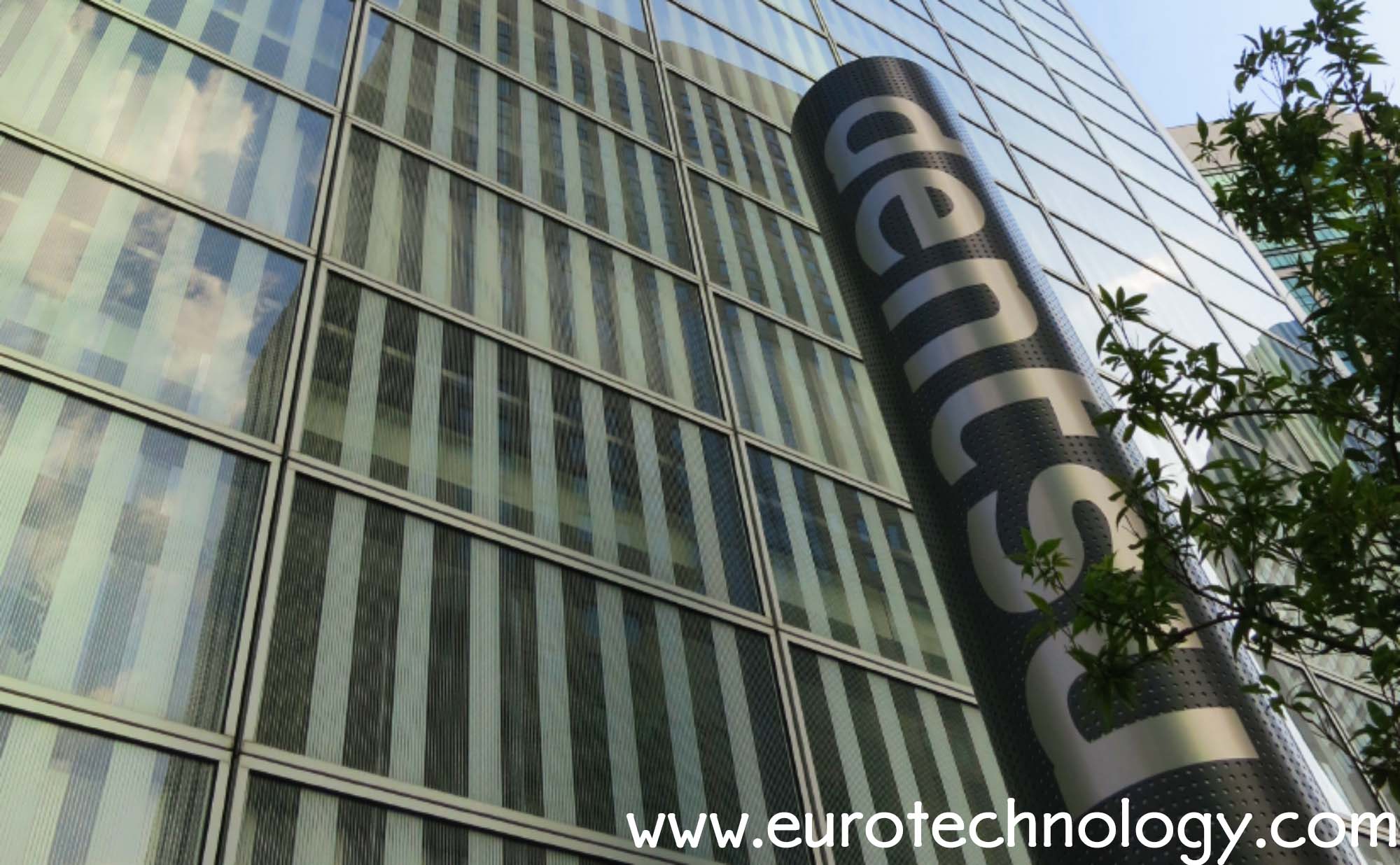
Dentsu acquires Aegis
Aegis Group plc, a UK company with French roots by Gerhard Fasol Dentsu’s challenge to grow global footprint while managing cultural differences On Thursday, July 5th, 2012, Dentsu announced the acquisition of Aegis Group plc, a UK company with French roots, centered on media advertising media buying. Dentsu’s need to globalize Driving this acquisition was…
-
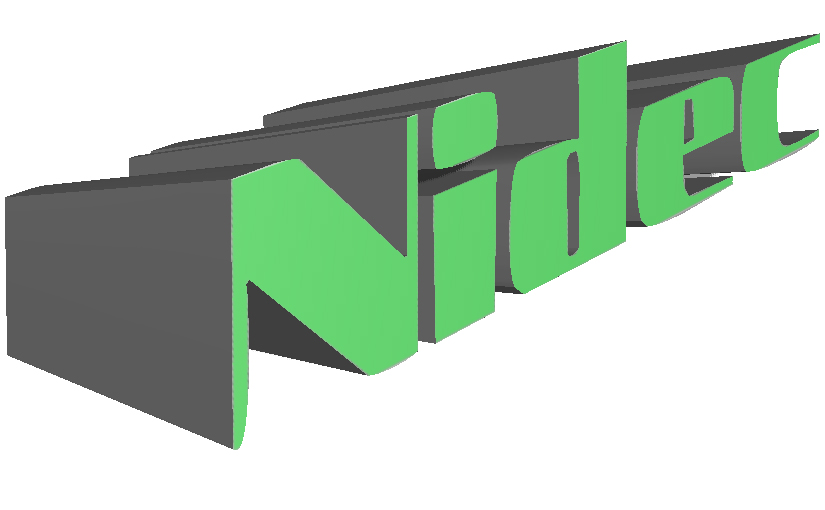
Nidec acquires Ansaldo Sistemi Industriali S.p.A
Reorganized as Nidec ASI Nidec: “for everything that spins and moves” Nidec acquires Ansaldo Sistemi Industriali S.p.A. from HVEASI Holding BV, affiliated with Patriarch Partners LLC. The acquisition was completed in May 2012. Ansaldo Sistemi Industriali S.p.A (ASI) renamed: “Nidec ASI S.p.A.” and set up a Japan subsidiary Nidec ASI Japan Corporation to develop Nidec…
-
Tokyo AIM stock market rebirth under Tokyo Stock Exchange (TSE) alone?
Tokyo AIM – will it go the same way as NASDAQ-Japan? Nikkei: “Tokyo Stock Exchange has learnt enough from the London Stock Exchange to set up a similar market on its own” Tokyo AIM (the stock market joint venture between Tokyo Stock Exchange and London Stock Exchange) seems to be heading along a similar road…
-
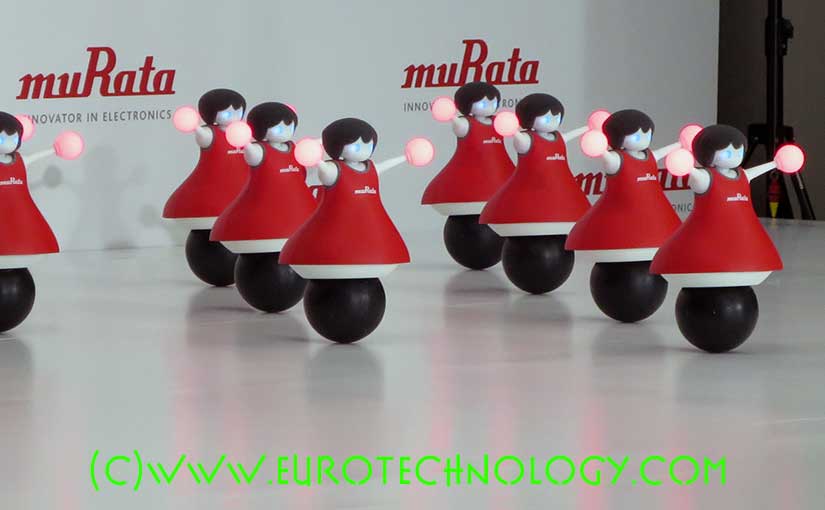
Murata “innovator in electronics” acquires world’s largest independent MEMS manufacturer VTI Technologies Oy
VTI Technologies Oy acquired by Murata for € 195 million from EQT III by Gerhard Fasol Capacitive MEMS sensor maker VTI Technologies Oy is a perfect fit for miniature ceramic capacitor specialist Murata Electronics Oy Murata and private equity group EQT on October 11, 2011, announced the sale of VTI Technologies Oy to Murata for…
-
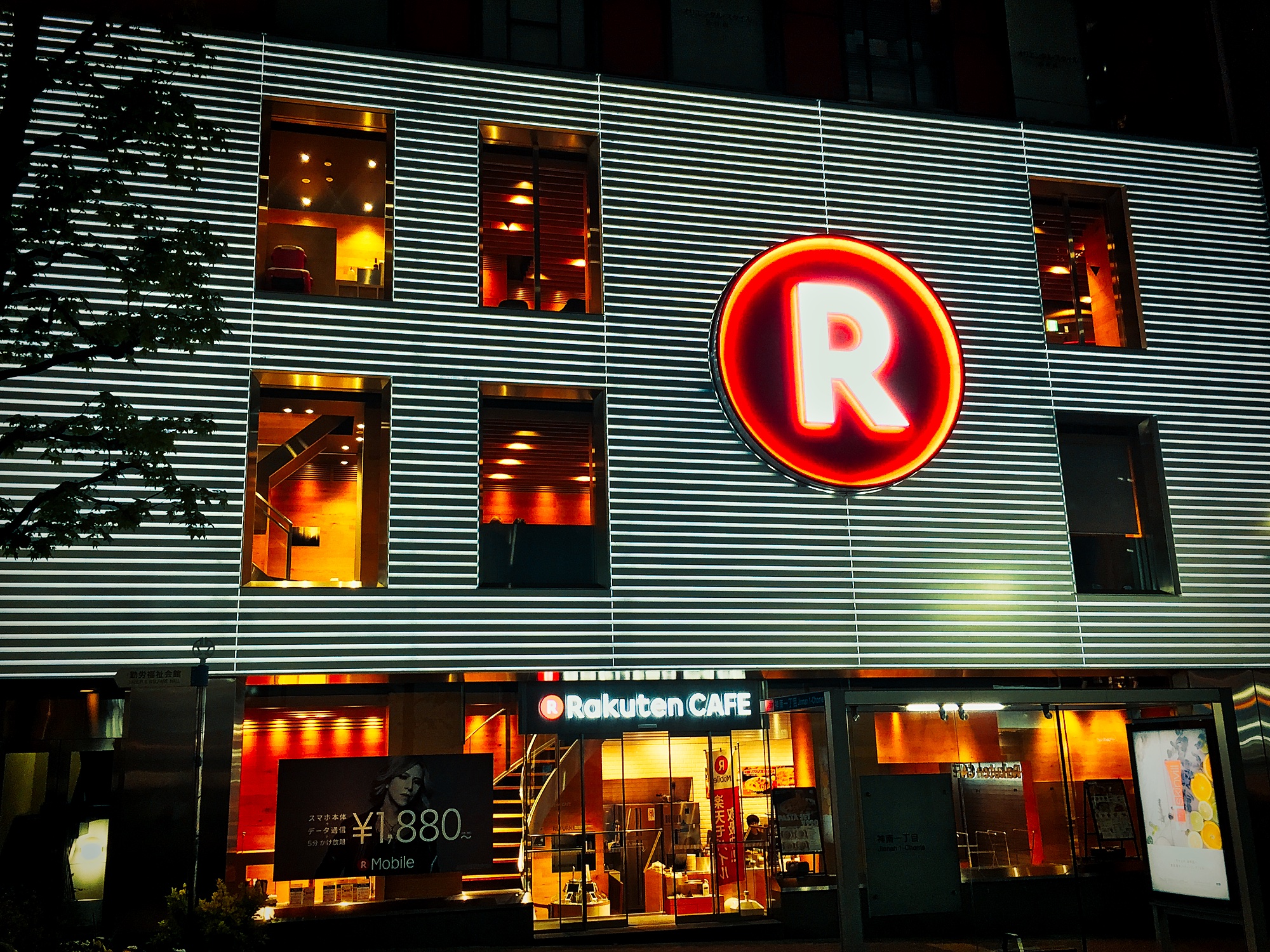
Rakuten acquires UK e-commerce portal Play.com
Play.com: third European company acquired by Rakuten.com Rakuten continues global battle with Amazon.com On September 21, 2011, Rakuten announced acquisition of 100% of the UK e-commerce portal site Play.com for UKL 25 million (approx. US$ 40 million). Rakuten’s acquisition of Play.com (UK) follows the acquisitions of PriceMinister (France) and Tradoria (Germany). Play.com Play.com sells music,…
-
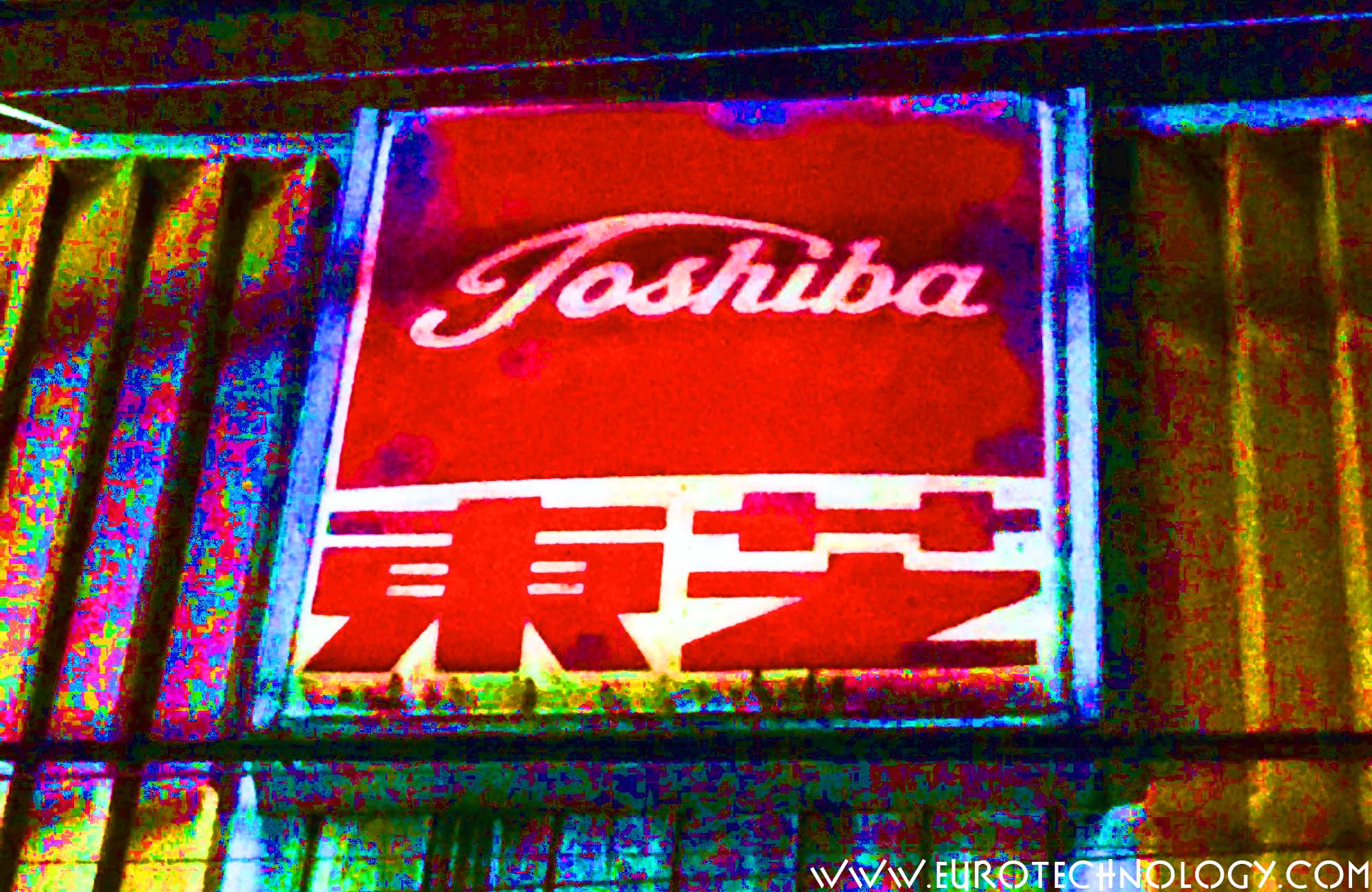
Landis+Gyr acquired by Toshiba and The Innovation Network Corporation of Japan (INCJ)
Landis+Gyr to become “independent growth platform” within the Toshiba Group for smart meters and smart grid by Gerhard Fasol Landis+Gyr acquired by Toshiba (60%) and Innovation Network Corporation of Japan (40%) for US$ 2.3 billion Landis+Gyr acquired by Toshiba and The Innovation Network Corporation of Japan: this acquisition was finalized with a shareholder’s and share…
-

Rakuten acquires 80% of German e-commerce platform Tradoria
Rakuten continues global expansion Competing with Amazon.com…. On July 28, 2011, Rakuten announced the acquisition of 80% of Germany’s e-commerce site Tradoria for a “double-digit million” amount. Tradoria has been rebranded as Rakuten.de and has become part of Rakuten Deutschland GmbH. Tradoria Tradoria was founded in 2007, and today has more than 4400 online stores…
-
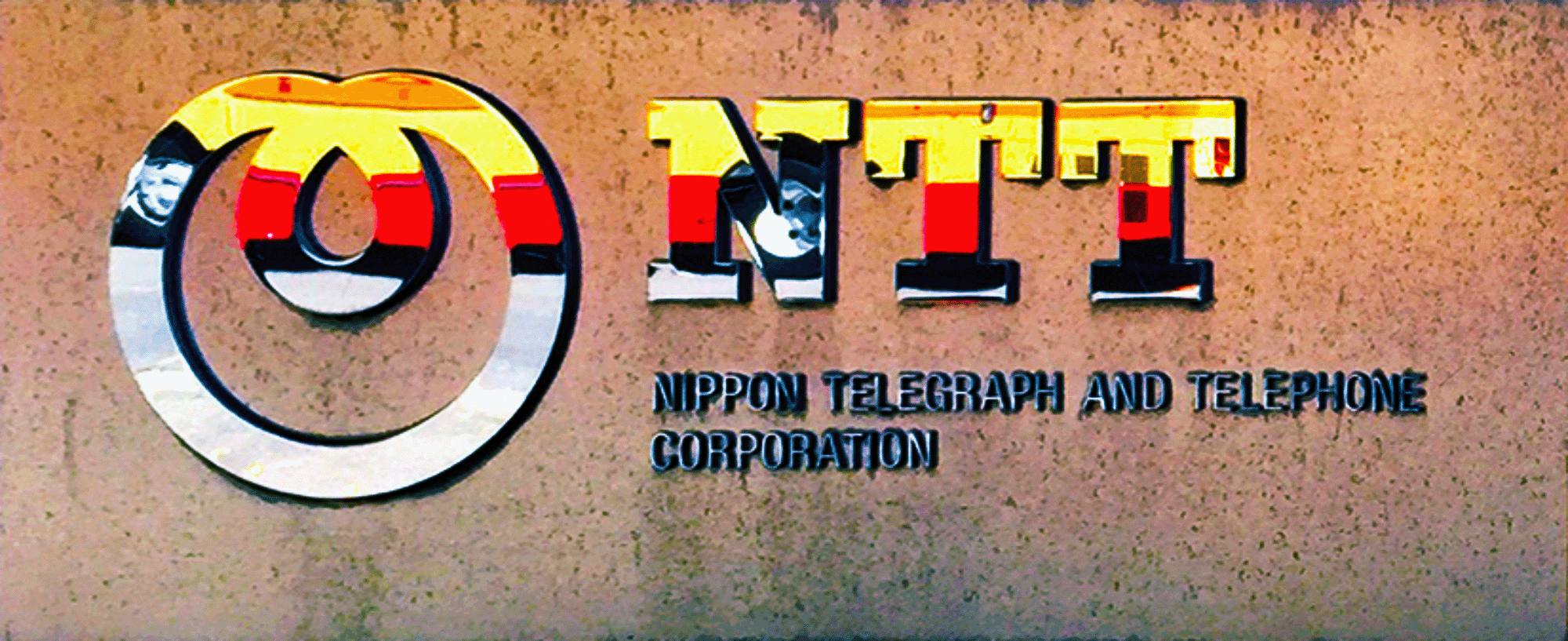
Value Team SpA acquired by NTT Data
NTT Data’s a bridgehead to Brazil and South America Value Team SpA serves about 300 clients with about 3000 professionals On April 25, 2011, NTT Data announced the acquisition of 100% of shares of Value Team SpA via the subsidiary NTT Data Europe GmbH & Co KG for about € 250 million. Value Team SpA…
-

Hitachi Zosen acquires Energy-from-Waste (EfW) engineering firm AE&E Inova AG in Zürich, to become Hitachi Zosen Inova AG (HZI AG)
by Gerhard Fasol Waste is our energy! Energy-from-Waste (EfW) Hitachi Zosen acquires former Von Roll Inova to form Hitachi Zosen Inova AG AE&E Inova Holding AG filed for bankruptcy on December 3, 2010, and Hitachi Zosen Corporation (日立造船株式会社) acquired 100% of the shares of AE&E Inova Holding AG in Zurich with approval of the bankruptcy…
-
Boehringer Ingelheim acquires SSP (エスエス製薬), acquiring remaining 40% for US$ 365 million
Boehringer Ingelheim acquisition values SSP at approx US$ 900 million Boehringer Ingelheim acquires SSP stage-by-stage: 9.2% in 1996, 60% in 2001, 100% in 2010 Boehringer Ingelheim acquires SSP (エスエス製薬株式会社), a Japanese OTC pharma company founded originally in 1765 as a pharmacy in Yaesu, Tokyo, starting with business cooperation, followed by staged investment over a period…
-

Rakuten acquires French ecommerce portal PriceMinister.com
Rakuten continues to globalize via acquisitions Rakuten seeks to compete globally with Amazon.com Rakuten acquires 100% of shares of PriceMinister S.A. for €200 million (= approx. US$ 250 million). The transaction is expected to close at the end of July 2010. PriceMinister S.A. PriceMinister was founded in 2000 by current CEO Pierre Kosciusko-Morizet, and Pierre…
-
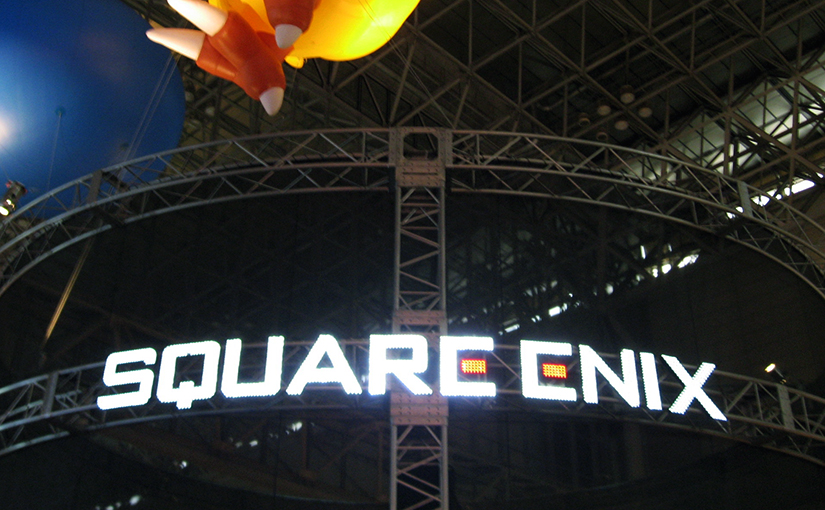
Square Enix acquires Eidos Interactive for £84.3 million
Eidos Interactive converted into Square Enix Europe Square Enix on the path to globalization Square Enix acquires the publicly listed British games company Eidos Interactive for £84.3 million (approx. US$ 130 million), Eidos shares were suspended from trading on April 21, 2009, and the shares will be cancelled on May 6, 2009. Edits became formally…
-
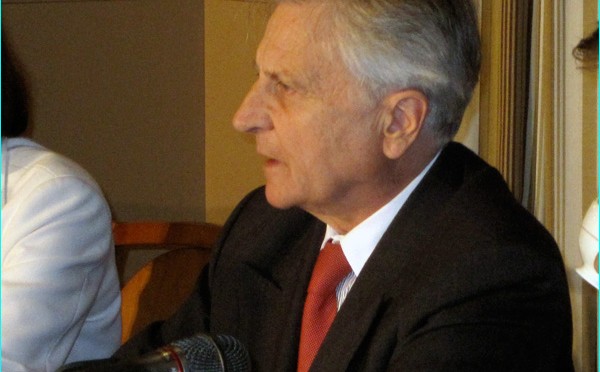
Jean-Claude Trichet, President of the European Central Bank ECB in Tokyo
European Central Bank (ECB) President Jean-Claude Trichet gave a presentation here in Tokyo on April 18, 2009 about the current financial and economic crisis. Trichet blamed the crisis on an underpricing of the unit of risk. He also emphasized that its not a general crisis affecting all companies and financial institutions, but that some badly…
-
Kyocera expands in Europe via acquisition of TA Triumph-Adler
by Gerhard Fasol Kyocera acquires Triumph-Adler for € 98.7 million Motivated by Triumph-Adler’s distribution network: 35,000 companies as customers in 33 countries Kyocera is one of Japan’s powerful electronics companies, which together are about as large economically as the whole of the Netherlands. Taking advantage of low EURO exchange rates and the high YEN, and…
-
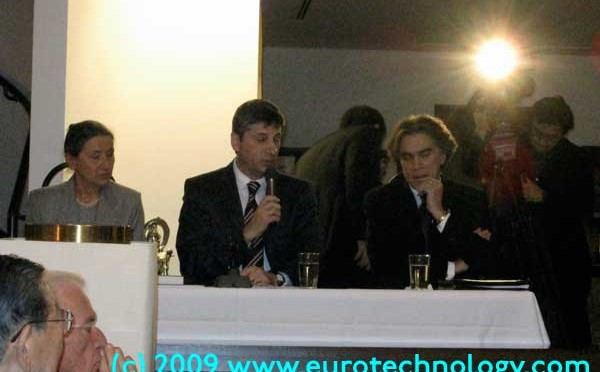
Coffee with the Foreign Minister of Austria in Tokyo
Was invited to coffee with the Foreign Minister of Austria, Mr Michael Spindelegger, at the Embassy in Tokyo. Minister Spindelegger is in Tokyo for celebrating 140 years of Austria-Japan diplomatic relations, and he gave a short presentation. Another reason for the Minister’s visit to Japan is that both Japan and Austria are non-permanent members of…
-
NOKIA quits Japan – for now…
NOKIA’s Japan subsidiary was founded on April 3, 1989 – almost 20 years ago. On November 27, 2008 NOKIA announced to terminate selling mobile phones to Japan’s mobile operators, effectively withdrawing from Japan (except for purchasing, R&D and VERTU). NOKIA’s sales figures in Japan were a well kept secret until last week when several Japanese…
-
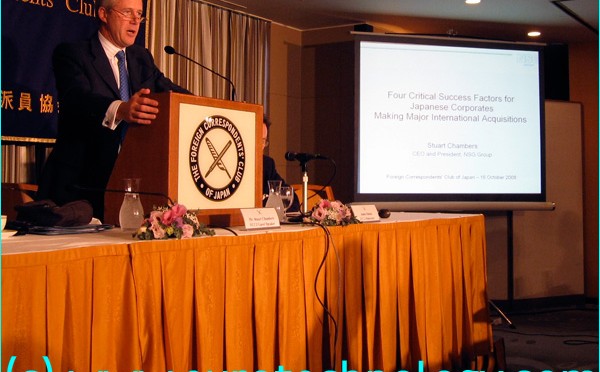
Japanese M&A abroad: Four critical factors for Japanese corporates making major international acquisitions, Stuart Chambers, CEO of NSG Group
October 16, 2008 by Gerhard Fasol Stuart Chambers, CEO of NSG Group, gave a press conference on October 16, 2008, here are some notes and thoughts. On February 16th, 2006, Nippon Sheet Glass’ offer for the 80% of Pilkington plc it did not already own, for US$ 3.14 billion in total, was accepted by Pilkington’s…
-
Nokia & Sony Ericsson Results Likely to Disappoint (CNBC TV interview)
More in our J-ELECTRIC report: http://www.eurotechnology.com/store/j_electric/ Copyright·©2013 ·Eurotechnology Japan KK·All Rights Reserved·
-
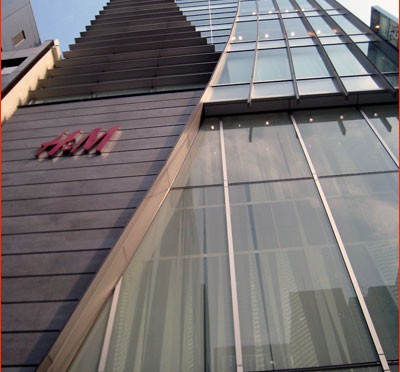
H&M: green field market entry to Japan, opens first Japan store in Tokyo – Ginza on September 13, 2008
H&M entered Japan’s fashion market initially using a green field strategy, opening stores. On September 13, 2008, H&M opened the first store in Japan in Ginza, and is planning two more stores in Shibuya (see picture below) and in Harajuku. H&M adapted it’s global way of doing things to Japan’s market needs – for example,…
-

Warren Buffet’s Iscar Ltd of Israel acquired Japanese tungsten carbide tool maker Tungaloy for US$ 1 billion
22 Sept 2008, author: Gerhard Fasol The Israeli company Iscar has completed the acquisition of Japanese competitor Tungaloy Corporation. Iscar acquired more than 90% of outstanding shares for around US$ 1 billion from Nomura Principal Finance Co. Iscar is the world’s second largest maker of tungsten carbide cutting tools, and competitor Tungaloy is the world’s…
-

Cirquent becomes subsidiary of NTT DATA
NTT Data and BMW agreed today, that NTT Data will acquire 72.9% of outstanding shares of Cirquent GmbH NTT Data thus gains BMW as largest customer in Europe Today, August 1, 2008, NTT Data and BMW agreed, that NTT Data will acquire 72.9% of the outstanding shares of Cirquent GmbH in order to globalize. Cirquent…
-
TDK acquires passive electronic component maker EPCOS
Acquisition value of YEN 200 Billion (approx. US$ 1.859 billion) by Gerhard Fasol EPCOS becomes part of 100% owned subsidiary TDK-EPC Corporation On July 31, 2008 TDK launched an offer to buy all outstanding shares of EPCOS, thus acquiring 100% of EPCOS. Value of the acquisition transaction was on the order of YEN 200 Billion…
-
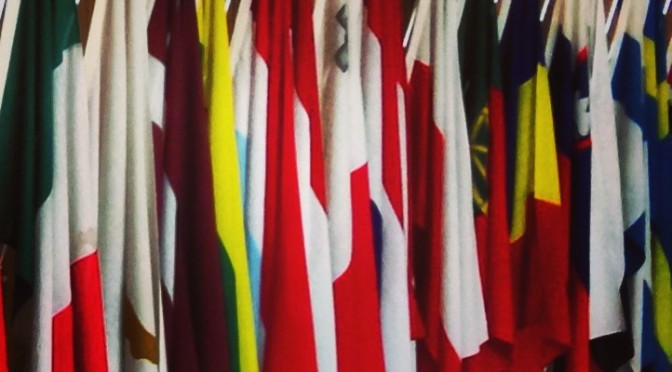
A European perspective on M&A in Japan
Presentation at the lunch meeting of the Danish Chamber of Commerce in Japan (DCCJ) on June 4, 2008. Announcement Photos of the event Announcement text: With the very high EURO and low valuations of many Japanese companies, and with changing attitudes in Japan, now is an excellent time for European companies to start or expand…
-
Seminar in London: "M&A in Japan" (Friday 18 April 2008, 12:30-14:30)
Seminar Description: Two practitioners from Tokyo will debate the changes in Japanese attitudes to mergers and acquisitions. During the course of this seminar, we will cover M&As between Japanese companies, the slow impact of foreign investment into Japan, and the outward investment strategies of Japanese companies. Speakers: Dr Gerhard Fasol, President, Eurotechnology Japan KK David…
-
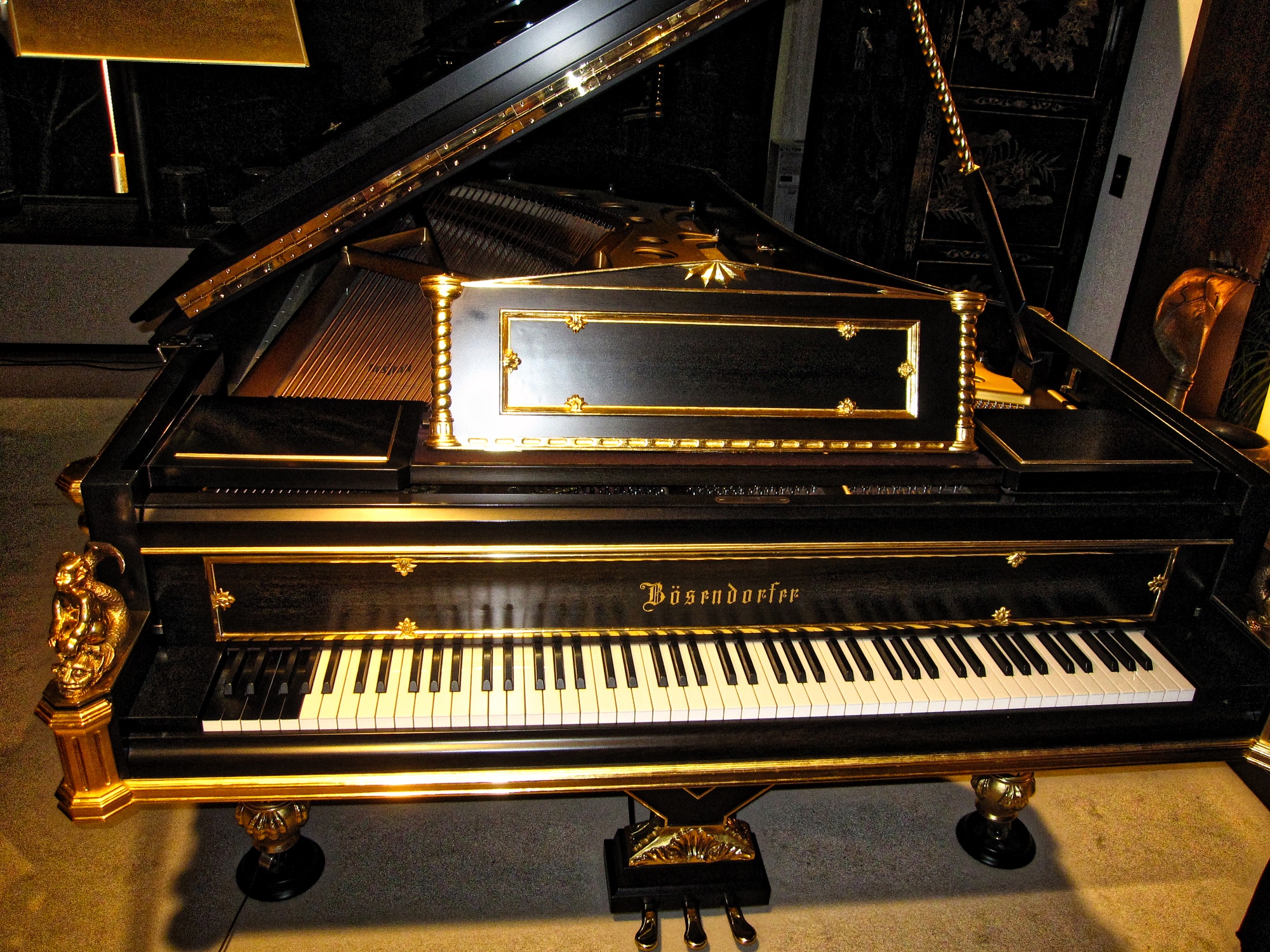
Yamaha acquires Bösendorfer Klavierfabrik GmbH
Yamaha Corporation acquires Vienna based 170 year old piano manufacturer Yamaha acquires Bösendorfer: Vienna piano manufacturer L. Bösendorfer Klavierfabrik GmbH founded in 1828 L. Bösendorfer Klavierfabrik GmbH was founded in 1828 in Vienna (Austria), and is one of the world’s most respected piano manufacturers. Bösendorfer was sold to a US wood manufacturing company, later by…
